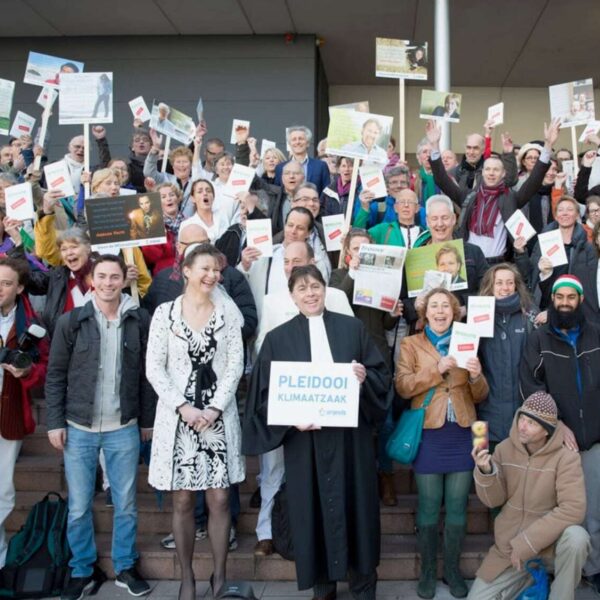
The Netcherlands Supreme Court and Climate Policy: National Responsibility for a Global Problem
On Friday 20 December 2019, the Supreme Court of the Netherlands, the counterpart of the Court of Cassation of Belgium, handed down the now widely discussed historic judgment that concluded the Urgenda case.
The Supreme Court ruled that the appeal in cassation lodged by the State of the Netherlands had to be rejected. In concrete terms, this meant that the order issued by the District Court (June 2015) and confirmed by the Court of Appeal (October 2018) ordering the State to, by the end of 2020, reduce greenhouse gas emissions by at least 25% as compared to 1990, remains in force definitively.
A thorny issue in the growing climate controversy is the recognition and confirmation of national responsibilities with regard to a problem that is fundamentally global. Summarising, the judgment of the Supreme Court on this issue is as follows:
“The risk of dangerous climate change is global in nature: greenhouse gases are emitted not just from Dutch territory, but around the world. The consequences of those emissions are also experienced around the world.
The Netherlands is a party to the United Nations Framework Convention on Climate Change (UNFCCC). The objective of that convention is to keep the concentration of greenhouse gases in the atmosphere to a level at which a disruption of the climate system through human action can be prevented. The UNFCCC is based on the premise that all member countries must take measures to prevent climate change, in accordance with their specific responsibilities and options.
Each country is thus responsible for its own share. That means that a country cannot escape its own share of the responsibility to take measures by arguing that compared to the rest of the world, its own emissions are relatively limited in scope and that a reduction of its own emissions would have very little impact on a global scale. The State is therefore obliged to reduce greenhouse gas emissions from its territory in proportion to its share of the responsibility. This obligation of the State to do 'its part' is based on Articles 2 and 8 ECHR, because there is a grave risk that dangerous climate change will occur that will endanger the lives and welfare of many people in the Netherlands.”
The complete Dutch text of this very noteworthy judgment is online.
The Supreme Court also provided an official English translation.
The firm Equal Partners hereby makes a free translation in French available to everyone.
Associated areas of specialisation: Environment